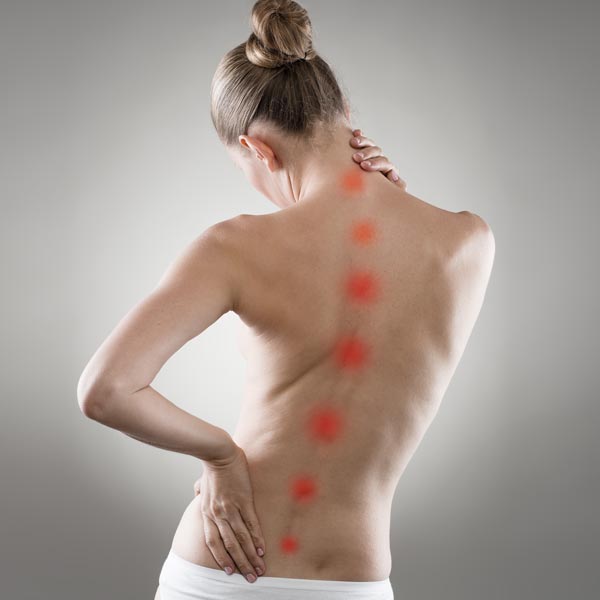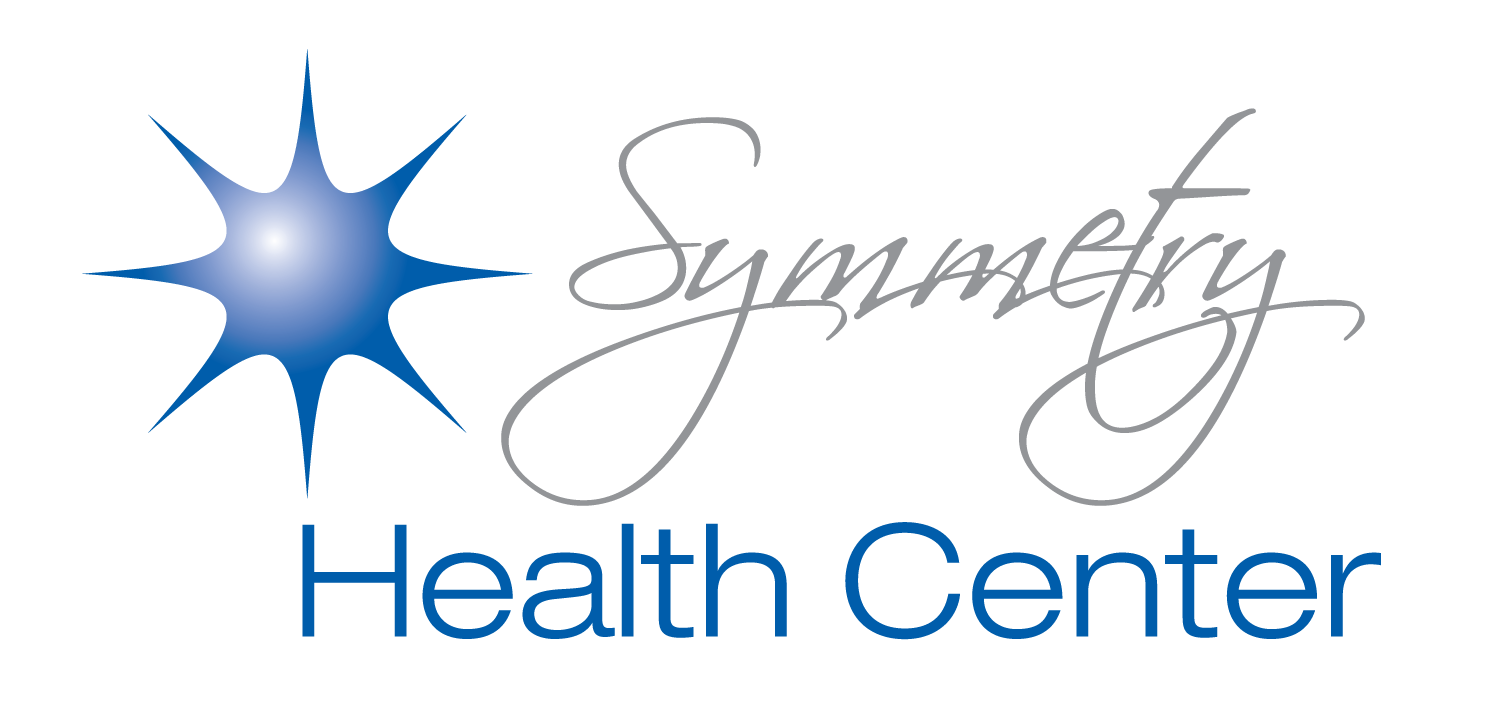The Psychological Side Effects of Scoliosis

Scoliosis, defined as an abnormal curvature of the spine, can affect an individual’s quality of life to varying degrees. While many health professionals are concerned with the potential physical complications that can accompany scoliosis, there is an entire other aspect of health that is sometimes overlooked: mental health. Even minor scoliosis curves can cause emotional challenges that are rarely discussed. In reality, the psychological side effects of scoliosis can be just as detrimental, if not more so, than the physical ones.
Today, we will open up a full conversation about the emotional long term effects of scoliosis. This is a discussion that needs to be had to help those suffering with scoliosis to be heard and give those around them more empathy for what they are dealing with.
The Psychological Side Effects of Scoliosis
Since scoliosis is most often diagnosed in childhood or adolescence, the mental health effects of scoliosis can truly have long term effects. Young kids and teenagers alike are learning, developing, and growing so much everyday. Thus, when their body’s are perceived as “different” from their peers this can lead to harsh comparisons, internally or externally, from seemingly innocent comments or even bullying. Thankfully, most kids will grow out of their emotional struggles- a common issue regardless of having scoliosis or not. With time, the majority of kids will grow up to live fulfilling happy lives.
General Emotional Issues
Let’s review some surprising statistics that will help reveal the underlying struggles related to scoliosis:
-
- 30% of scoliosis patients report a sense of feeling “empty”
- Children and adolescents dealing with scoliosis are significantly more likely to have suicidal thoughts than their peers
- When chronic pain is present with scoliosis, rates of depression skyrocket
- Secondary to emotional struggles, both teen boys and girls are more likely to turn to substance abuse than their peer (from alcohol and cigarettes to harder drugs)
The button line is clear: scoliosis can have some major effects on mental health.
Low Self-Esteem
Comparing ourselves to others is a nasty human habit that can leave an individual feeling inadequate and with low self-esteem. This comparison game is magnified in adolescence as kids are growing and learning to find their place in the world. Thus, having a spine curvature or brace can make a child feel like they’re different and don’t fit in. Whether it’s self ostracization or initiated by their peers, feeling like an outcast can be very emotionally traumatizing and negatively affect their own body self-image.
Physical anomalies that are common with scoliosis and can affect self-Image include the following:
-
- A rib hump or sideways curvature that is noticeable in clothing, a swimsuit, or when having to change in a locker room
- Clothes that appear to fit incorrectly- with one sleeve shorter or the seam of a shirt being rotated
- Prolonged brace wear- limiting daily activities at school or appearing bulky and warranting attention and questions from their peers
Ultimately, anyone dealing with scoliosis is more likely to report feeling ashamed of their bodies. They may not feel satisfied with their looks and be overly critical of themselves when looking in a mirror, which can be exacerbated if they are made fun of by their peers.
Relationship Problems
Dealing with low self-esteem can also be self-limiting and lead to a downward spiral in overall mental health and their ability to develop meaningful relationships as well. This is because kids with scoliosis and low self-esteem are more likely to feel shy or isolated. They might even actively avoid others and social situations. This perception of being antisocial can then lead to further isolation- and the cycle continues.
Additionally, the physical symptoms that a teen or child may be suffering from can leave them feeling limited in how they can participate in their lives. Particularly for teens, this can mean less time spent bonding with their friends and peers. Avoiding road trips, plane rides, sports events, or having to sit on the ground or a hard chair at a concert are all activities that can exacerbate back pain symptoms. Missing these fun teen activities can leave them feeling isolated and judged as an outcast. Ultimately, this can affect their long term socializing skills and ability to build healthy relationships into adulthood.
How to Tackle the Psychological Effects of Scoliosis
Working through both the physical and mental health issues associated with scoliosis starts with having a treatment strategy in place. A well-rounded treatment program should take both aspects into account to ensure the best possible outcomes and quality of life. Below is where to get started:
Proper Management of Physical Symptoms with Chiropractic Care
Addressing any physical symptoms first is crucial for overall health. This is because symptoms like pain and fatigue can quickly start to wear on anyone’s mental health. Having the right physical support can make a huge difference mentally too. The ultimate goal will be to reduce the physical symptoms and the progression of scoliosis, so that they have less of a hold on mental health. One of the top treatment options for scoliosis is chiropractic care, since chiropractors are the true experts in holistic spine health. Treatment options might include the following:
-
- Use of the custom ScoliBrace – a science based and 3D approach for comfortable bracing that is effective for managing, preventing progression, and even reversing spine curves
- Posture training to reduce unnecessary strain from the scoliotic curve and help to prevent progression
- Pain management with use of pain modalities, manual therapy (massage), and more to help keep symptoms manageable
- Spine manipulation and adjustments to promote better spine alignment for optimal nerve energy
- Exercise training and extensive education for gaining confidence in the body’s own innate strength and coordination
- Making recommendations for lifestyle changes that instill a sense of well-being and overall better holistic health
Dr. Cynthia Boyd and her entire team at Symmetry Health Center in Alameda and Oakland, CA are scoliosis experts. Not only are they certified to custom fit a Scoliosis brace, but they are also certified in a special branch of care known as Chiropractic BioPhysics (CBP). This specialized research based treatment protocol helps ensure the best possible outcomes for your spine health.
Normalizing the Psychological Effects of Scoliosis
Once physical symptoms are optimally managed, it’s time to tackle mental health head on. Simply opening up a dialogue and letting those suffering be heard and seen can make a huge difference in their well-being. While many parents focus on seeking physical treatment, which is important, it is equally important to take note of their emotional health. Interestingly enough, the potential negative emotional effects of scoliosis are not necessarily correlated to the severity of the scoliosis curvature. This means that having a minor curve can be just as concerning as a severe one when it comes to concern for mental health. Thus, it’s always important to take mental health seriously when it comes to scoliosis management.
Potential options for emotional support include the following:
-
- Formal therapy with a psychiatrist or psychologist- either at school or with a recommended health professional
- Use of support groups can be huge in helping a sufferer feel heard- especially in a community of other kids that are experiencing similar things (top online groups include Scoliosis warriors and Curvy Girls)
- Parental support and guidance- empathy, being a good role model, etc. are important- show them it’s okay to ask for help and to be proud of your unique “quirks.”
- Taking any teasing or bullying at school seriously and taking action to remediate it immediately (as a parent and school system)
- Encouraging appropriate activities and social interaction to help them feel included and instill a sense of belonging
- Simply letting them know they aren’t alone!
Pay attention to any emotional changes related to depressoin, suicide, social isolaiton and take action immediately. Seeking professional medical help and support can truly change a child’s or adolescent’s quality of life. Don’t feel like they have to suffer through without any assistance or support- there is always help!
Finding Hope in the Midst of Scoliosis
For anyone diagnosed with scoliosis, it’s crucial to realize that it doesn’t have to affect quality of life. Many people with well managed symptoms realize that their scoliosis doesn’t have to define them. With the right treatment tools, mindset and support, life with scoliosis can be both fulfilling and enjoyable.
Let the scoliosis experts at Symmetry Health Center in Alameda and Oakland, CA help tackle all your scoliosis concerns – whether it’s preventatively or to help make symptoms more manageable. They can also help boost your confidence, mood, and ability to interact with others with holistic lifestyle recommendations. Plus, they can refer you to mental health specialists as needed to maximize your outcomes and feel your absolute best.
